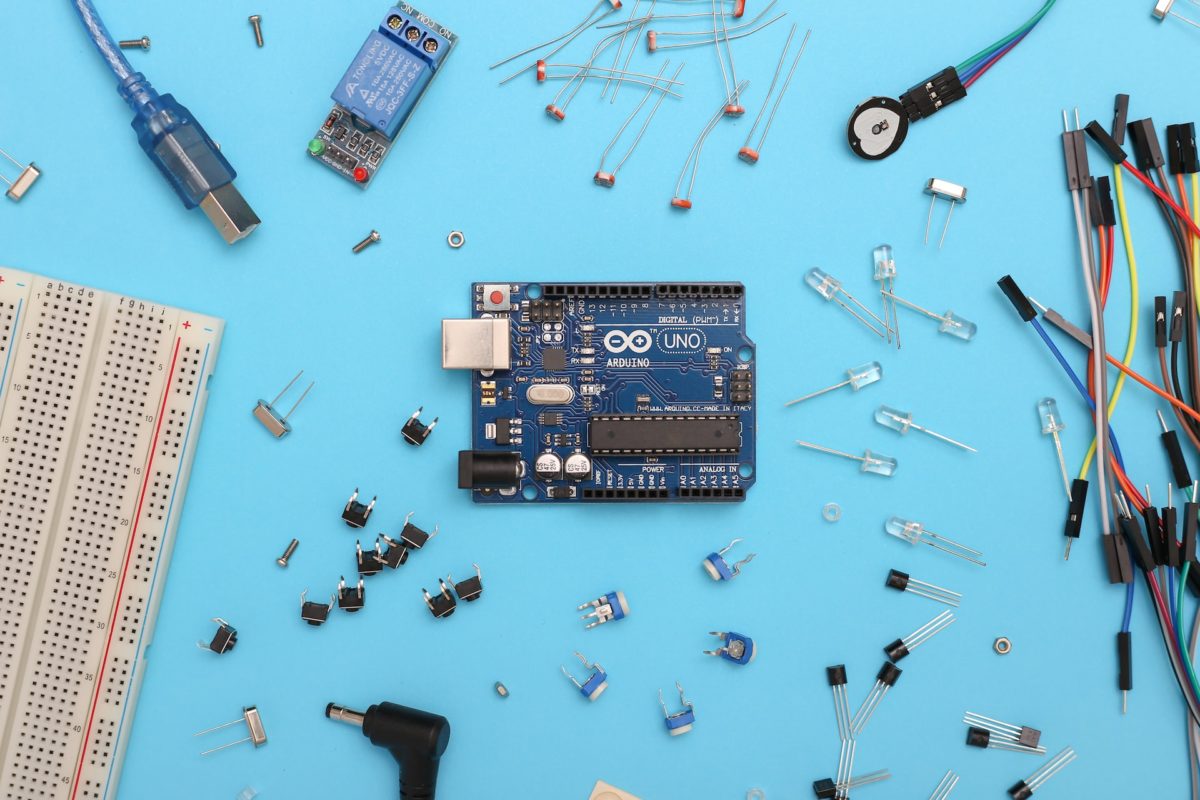Understanding the Proper Disposal and Recycling of E-Waste

E-waste is a growing problem worldwide. With the ever-increasing use of electronic devices, more and more e-waste is being produced. This waste includes everything from old computers and cell phones to TVs and printers. While some of this waste can be recycled, a lot of it ends up in landfills, where it can cause environmental damage.
Hazardous e-waste can contain harmful chemicals like lead, mercury, and cadmium. These chemicals can leach into the ground and contaminate water supplies. They can also be released into the air, causing air pollution. Let’s take a closer look at how e-waste should be properly managed to avoid causing more damage to the environment and its inhabitants.
What Are the Dangers of Hazardous E-waste?
Most electronic waste is considered hazardous because it contains heavy metals and other toxic materials that can be released into the environment if not managed properly. Improper disposal of e-waste can lead to contamination of soil and water and exposure of humans and animals to these toxic substances.
The most common hazardous materials found in e-waste include lead, mercury, cadmium, and chromium. Lead is a neurotoxin that can cause learning and behavior problems and is particularly harmful to children. Mercury is a toxic metal that can damage the brain and nervous system. Cadmium is a carcinogen that can damage the lungs, and chromium can damage the liver and kidneys.
E-waste also often contains flame retardants, which can be harmful to human health and the environment. These chemicals can leach into soil and water and accumulate in the food chain.
How Can Hazardous E-waste Be Managed?
Hazardous e-waste can be managed in a number of ways. One way is to recycle it. This can be done by breaking it down into its component parts and then using those parts to create new products. This process is known as upcycling.
Another way to manage hazardous e-waste is to dispose of it properly. This means taking it to a facility that is equipped to deal with it safely. These facilities are usually run by the government or by companies that specialize in dealing with hazardous waste.
However, the best way to manage hazardous e-waste is to prevent it from being created in the first place. This can be done by using less hazardous materials in the manufacturing of electronic products. It can also be done by designing products that are easier to recycle or that are made to last longer.
Recycling vs. Disposal: Which Option is Better for Managing E-Waste?
The debate over recycling vs. disposal of e-waste has been ongoing for years. While there are pros and cons to both methods, it’s essential to weigh the options and choose the best option for your business. Here’s a look at the key points of each method:
Recycling
1. Recycling e-waste keeps harmful toxins and chemicals out of landfills.
2. Recycling e-waste can help conserve valuable resources.
3. Recycling e-waste can create jobs and boost the economy.
Disposal
1. Disposing of e-waste in landfills can release harmful toxins and chemicals into the environment.
2. Disposing of e-waste takes up valuable space in landfills.
3. Disposing of e-waste can be expensive.
So, which is the better option? It depends on your business’s needs and goals. If you’re looking to reduce your environmental impact, then electronics recycling in Atlanta is the way to go. If you’re looking to save money, then disposal may be the better option. Ultimately, the decision comes down to what’s best for your business.
Conclusion
The management of hazardous e-waste is a complex and challenging issue. There are many stakeholders involved, from producers and consumers of electronic products to waste collectors and recyclers. There is no one-size-fits-all solution to the problem, as the most effective approach will vary depending on the context.
When it comes to Atlanta electronics recycling, there’s only one name you can trust. Atlanta Green Recycling is the most trusted name for sustainable and cost-effective solutions for the disposal and recycling of electronics. Trust us to utilize sustainable solutions through our Recycling Center in Atlanta. Contact us today to learn more about our services.